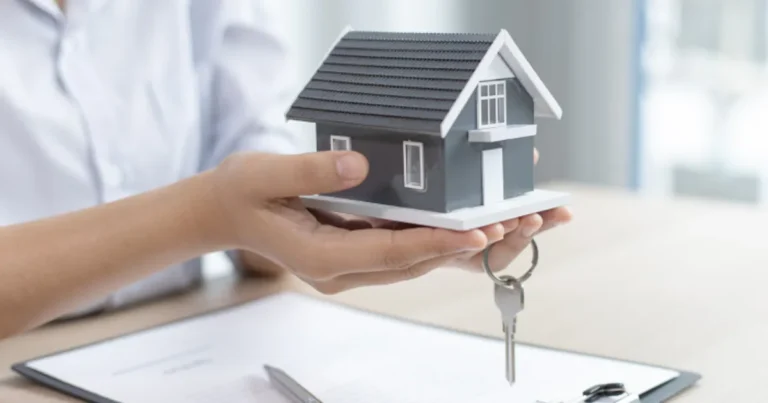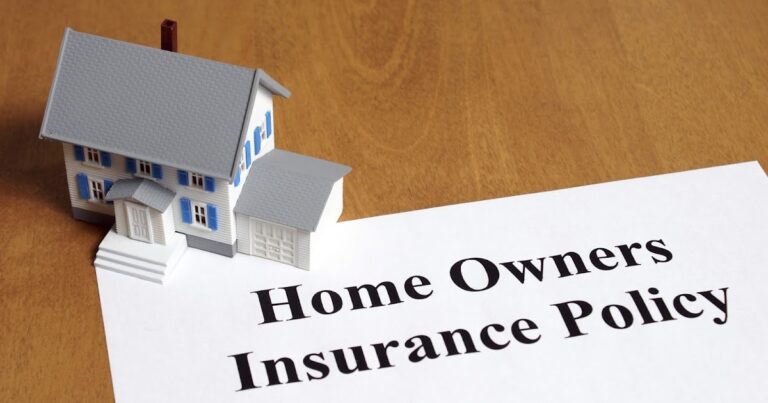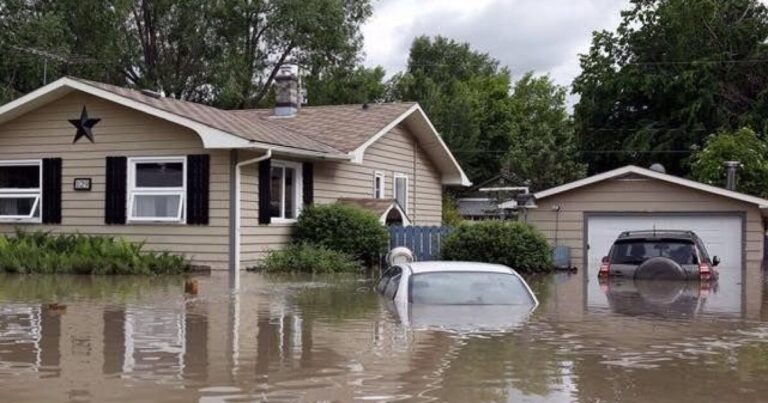Property Insurance Overview: Protecting Your Most Valuable Assets
Property insurance is one of the most important forms of protection you can have, whether you own a home, operate a business, or rent an apartment. At its core, property insurance provides financial coverage against damage, theft, or loss of physical property. This can include buildings, personal belongings, business equipment, and more. Without it, you could face significant financial setbacks if the unexpected happens.
In this detailed guide, we will break down what property insurance is, the different types available, how it works, what it covers, common exclusions, factors that affect the cost, and tips for choosing the right policy. By the end, you will have a clear understanding of why property insurance is essential and how to make the most of it.
What is Property Insurance
Property insurance is a contract between you and an insurance provider. You pay regular premiums, and in exchange, the insurer agrees to compensate you if your insured property is damaged, destroyed, or stolen. It can apply to residential, commercial, or even industrial properties, making it versatile for both individuals and businesses.
The key idea is financial protection. If a fire destroys your home, if thieves steal your equipment, or if a storm damages your roof, your policy can help cover repair or replacement costs. Without property insurance, you would be responsible for covering those expenses entirely out of pocket.
Types of Property Insurance
Property insurance comes in various forms, and choosing the right type depends on your needs. Here are the most common categories:
-
Homeowners Insurance
Designed for people who own their homes, homeowners insurance covers both the structure and personal belongings. It typically includes liability protection in case someone is injured on your property. -
Renters Insurance
If you rent an apartment or home, this coverage protects your personal possessions against risks like fire, theft, and certain types of water damage. It also includes liability coverage. -
Commercial Property Insurance
Businesses use this to protect their physical location, inventory, equipment, and furniture. It can be critical for companies that rely heavily on physical assets. -
Condominium Insurance
Tailored for condo owners, it covers personal belongings, interior structures, and sometimes liability. The condo association’s master policy typically covers the building exterior. -
Landlord Insurance
For property owners who rent out residential or commercial spaces, landlord insurance protects the building and structures and may provide coverage for lost rental income.
What Does Property Insurance Cover
Coverage will vary depending on your policy type and insurer, but most property insurance policies protect against:
-
Fire and Smoke Damage – Repairs or rebuilding costs if fire damages your home, building, or belongings.
-
Theft and Vandalism – Compensation for stolen or vandalized property.
-
Weather Events – Protection from certain natural events like windstorms, hail, or lightning.
-
Water Damage – Some policies cover damage from burst pipes or accidental water overflow.
-
Liability – Many property insurance plans include liability coverage, which protects you if someone is injured on your property and sues.
It is important to note that not all weather-related events are covered automatically. For example, floods and earthquakes usually require separate policies.
Common Exclusions in Property Insurance
While property insurance offers broad protection, certain situations are typically excluded. Understanding these exclusions helps you avoid surprises when making a claim.
-
Flood Damage – Requires a separate flood insurance policy.
-
Earthquake Damage – Often excluded unless purchased as an add-on.
-
Wear and Tear – Insurance will not cover normal aging or gradual deterioration of property.
-
Negligence – Damage resulting from neglect or failure to maintain the property may be excluded.
-
War or Nuclear Hazards – Losses from war or nuclear events are generally not covered.
Reading the fine print of your policy is crucial so you fully understand what is and is not covered.
How Property Insurance Works
The process begins when you purchase a policy from an insurance company. You pay premiums regularly, which may be monthly, quarterly, or annually. In return, the insurer promises to cover losses up to the policy limit if a covered event occurs.
If damage happens, you file a claim with your insurer. They will send an adjuster to inspect the damage, verify coverage, and determine the payout amount. Once approved, you will receive funds to repair or replace the damaged property, minus any deductible.
Your deductible is the amount you must pay out of pocket before the insurance coverage kicks in. Choosing a higher deductible can lower your premiums, but it also means you will pay more upfront if you make a claim.
Factors That Affect the Cost of Property Insurance
Several factors influence your property insurance premiums:
-
Location – Areas prone to natural disasters, high crime rates, or poor infrastructure tend to have higher premiums.
-
Property Value – The more expensive your property, the more it costs to insure.
-
Coverage Limits – Higher coverage limits mean higher premiums.
-
Deductible Amount – A lower deductible usually means higher premiums.
-
Security Measures – Installing alarms, cameras, or reinforced doors can lower your rates.
-
Claims History – A history of frequent claims can make premiums more expensive.
Why Property Insurance is Important
Property insurance is more than just a financial safeguard. It is a safety net that protects your stability and peace of mind. Without it, you could face overwhelming expenses after a disaster. For homeowners, it ensures your largest investment is secure. For businesses, it keeps operations running even after a major loss. For renters, it protects possessions and liability.
In many cases, property insurance is not optional. Mortgage lenders require homeowners insurance, and commercial leases often mandate property coverage.
Tips for Choosing the Right Property Insurance Policy
Selecting the right policy requires more than comparing prices. Here are some tips:
-
Assess Your Risks – Understand the most likely threats to your property, such as floods, theft, or storms.
-
Determine the Right Coverage Amount – Make sure the policy covers the full replacement cost of your property.
-
Review Exclusions Carefully – Be aware of what is not covered and consider add-ons if needed.
-
Compare Multiple Providers – Prices and coverage options vary widely.
-
Consider Bundling – If you need multiple policies, bundling them with one insurer can save money.
-
Check the Insurer’s Reputation – Choose a company with strong financial stability and positive customer reviews.
Final Thoughts
Property insurance is essential for anyone who owns or rents property, from homeowners to landlords to business owners. It provides the financial protection needed to recover from damage, theft, or disaster without draining your savings. By understanding how it works, what it covers, and what it excludes, you can choose a policy that fits your needs and budget.
A well-chosen property insurance policy not only protects your assets but also brings peace of mind. Life is unpredictable, and while you cannot stop disasters from happening, you can make sure they do not destroy your financial security. Investing in the right property insurance today is a decision that can protect your future.






